
Prime Minister Rishi Sunak gives speech at the 50th CPS Dinner – Photo by Simon Dawson No 10 Downing Street, licensed under CC BY-NC-ND 2.0
Rishi Sunak’s hold on power is flailing. The country is crumbling, and the election is around the corner. In today’s political climate, it’s easy for the arts to be pushed to the side.The main discussions surrounding immigration, the NHS and the cost of living.
But before you go to the ballot box – it is worth taking some time to consider which, if any, party in this election will actually help/improve the state of the arts. In recent years, arts council funding has plummeted. Closures of independent cultural spaces such as The Tetley and Sheaf Street are all too common. Northern Ballet held their last performance with a full orchestra last month after announcing they are cutting back.
It’s a sorry state. The Conservative’s solution? Attacking arts degrees and education as a convenient scapegoat. The party proposes, if elected, to cut back on so-called “Mickey Mouse degrees” via the belief too many students are being sold a university education that won’t secure a decent job at the end of it.
The policy will cut courses that don’t show a significant number of students getting a high paid job upon graduating, in favour of apprenticeships. Although the Tories have not revealed which degrees will be taking the hit. Recent analysis has shown the lowest average salary is earned by those who complete an arts degree so it can be assumed the cuts will attack these the hardest.
Aside from the problematic labelling of these degrees as “Mickey Mouse”, one of the key issues here is the reduction of university degrees to be a money-making pursuit.
Three years ago, I spent a painstakingly long time trying to decide what degree to take. Aside from the fact I am incredibly indecisive by nature, the choice itself was a pretty big one. I was stuck misty eyed between creative courses which would give me long craved freedom and academic degrees which fuelled my thirst for knowledge.
My dad and I spent months of my gap-year (and the coinciding Covid-19 Lockdown) making pros and cons lists: from location perks, course contents to which degree just sounded the best when spoken out loud. Not in one of these discussions or scribbles were graduate job prospects discussed, or even mentioned. Of course, that in itself is a privilege, I have a home I can move back to if needed post-grad. My parents also both studied degrees so brilliantly irrelevant to their jobs today that any talk of studying something which might land me a decent job would seem royally off-key.
But it wasn’t just me. If you ask any of my friends whether they picked their degree based on the likelihood of them securing a “decent job” out of it, they will probably roll their eyes and swot you away. After finally settling on a BA in Liberal Arts, which allows me to study a mix of humanities, looking at how they intersect rather than studying the disciplines in isolation, I have been fielded with many questions about what I will do next. What job will this degree will help me to access? Most of the time I say I have no idea. If I feel awkward, I say I’ll do a law conversion (will I heck).
But the truth is, at the moment, I don’t really care. University for me has never been about what will happen next, it is about what is happening now.
Anyone who is concerned with the job prospects of degrees has lost their concern for the actual student. Or their memory of being one. University is the playground before adulthood. Particularly if you study an arts degree, the degree most likely to be cut in this new policy reform, it is a chance to try out different things, to pick different modules, to find out what you like, dislike and what you have a burning passion for.
You develop skills in critical thinking, problem solving and working to a deadline. Invaluable skills in any workplace. I have learnt about the rage behind Artemisia Gentileschi’s Judith and Holofernes, I have studied Althusser’s writings on Power, I’ve even written an essay comparing Bertolt Brecht to the Sex Pistols.
However, I’ve also learned just as much outside of my degree. University gives you the opportunity to try pretty much anything. Through joining clubs and societies, I have learnt that I am a fairly mediocre basketball player, not so great in a Feminist debate, but pretty alright in theatre direction. I have tried a multitude of different hats and found parts of myself in the process. It is also me footing the bill. The debt is mine and the choice to spend it on a “mickey-mouse” degree should be mine.
I may well have been “better off financially” if I “hadn’t gone to University,” but in the same way I would have been better off financially without buying that new vintage coat or buying my mate a drink in the pub. It doesn’t take the joy out of it, and it is not someone else’s choice to make.
I could write for hours about how my “mickey-mouse” degree has added ounces of value to my life but at the end of the day, although an arts degree, the education I have so adored for the growth and knowledge it has gifted me will most probably be safe from the Conservative’s line of fire. Because I study at a Russell Group. And that stamp of approval might just sneak it past the judges.
It is the “mickey-mouse” degrees at lesser known, lesser privileged Universities which will come into fire.
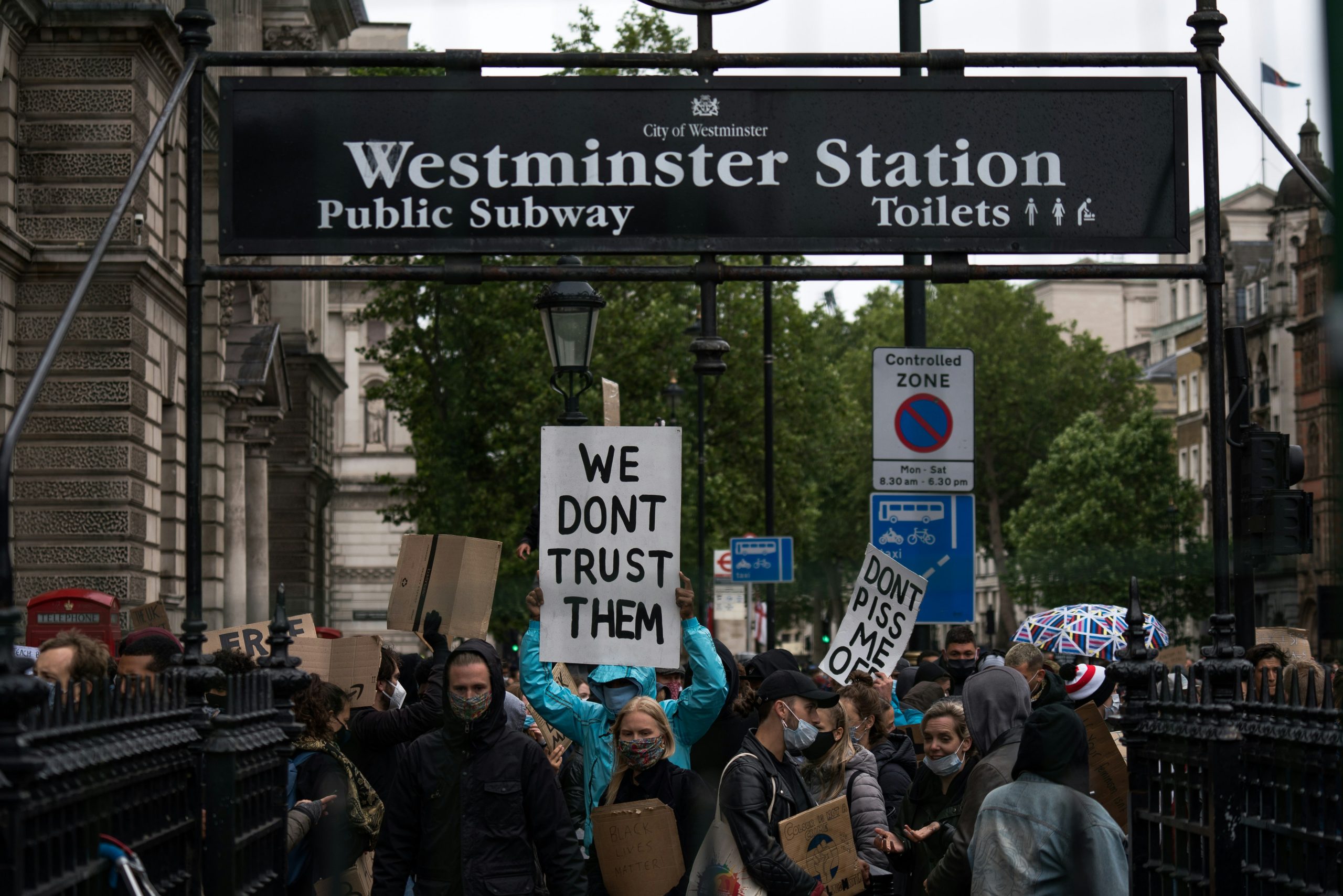
Photo by James Eades on Unsplash
Universities which specialise in these more vocational, more accessible but highly important degrees. Degrees which serve, more often than not, working-class minority groups. To have a chance to study. To pursue something they love. To move out of home. To experience three years of growth.
At my state comprehensive sixth form, the majority of my peers headed to local “polytechnic” universities to study Art or English or Sociology. Some of them now want to be teachers, or Lawyers or social workers. But they didn’t pick the degree with that in mind, it came to them through studying something they loved.
It offered them opportunities to move out of home or escape their small town. Offering opportunities many apprenticeships do not. Cutting “mickey-mouse” degrees, based on data which will unfairly target low ranking universities will take this opportunity away from such students, making university even more elitist and privileged then it already is.
The Conservative’s policy does not consider these key contextual elements which lead students to pursue certain degrees at certain universities, it ignores the privilege or lack of which has led them there. Instead the whole situation is looked at through a degrading lens of money and economy. Study of the arts become more elitist, not less.
With many people earning a living in the creative field through freelancing and contract jobs, it seems unfair to assess ‘mickey-mouse’ degrees on a medium salary average. These fields are also the hardest to break into, not because the courses leading to them are useless, but because the careers are highly competitive and underpaid. But people pursue a career in the arts, not for money but for passion. For the chance to create something new, original and change the status quo. Creativity needs original thinking, and most of all, it needs diversity to survive.
Creativity may be of “low-value” to the Conservatives, but it is of high-value to the country we live in. Theatres, television, novels, art and music are the backbone of our society. They underpin what it means to be a human. They give us joy, entertainment, and escapism. They challenge our views and beliefs. They validate our experiences and feelings. Rishi Sunak may end up with an abundance of miserable electricians once he’s cut his drama degrees, but when he heads home after a long hard day of crushing people’s dreams, there will be nothing for him to watch on TV, even with a Sky subscription, no book for him to escape into, no art for him to hang on his mansion wall. Let’s see how rich his economy feels then.
I wish I could write that a vote for Labour is a vote for the arts. Unfortunately Kier Starmer’s proposals are securely mundane with a lack of clear commitments. A running theme of the party’s campaign.
Read up on the all the major party’s policy stance on the arts here.
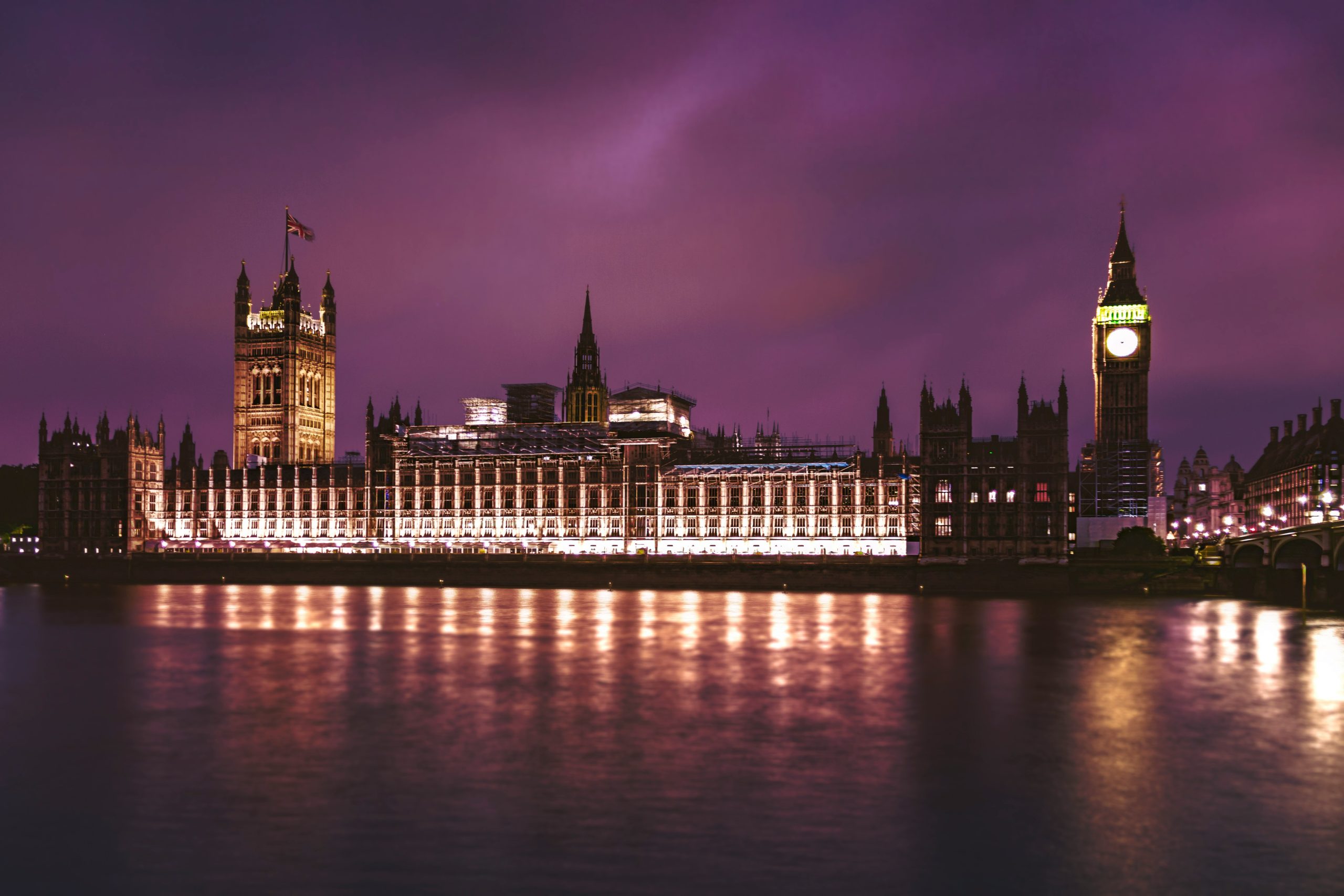
Photo by Deniz Fuchidzhiev on Unsplash
“>
Filed under: Comment
Tagged with: conservative, conservative party, education, election, politics, rishi sunak, university
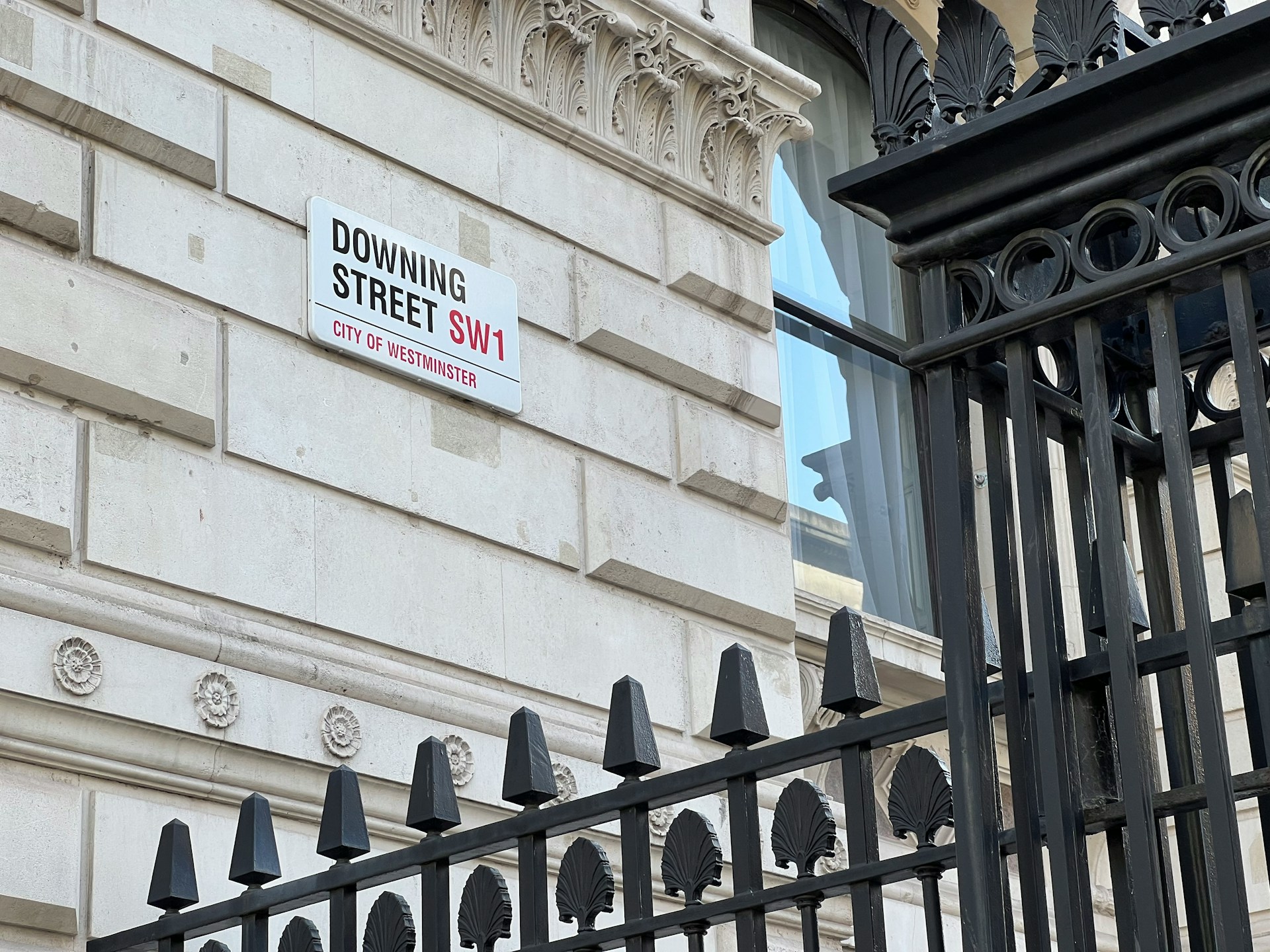

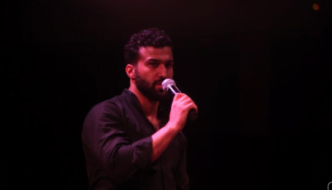
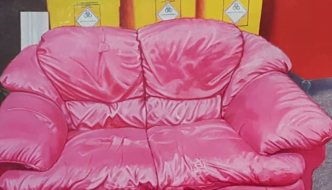

Comments